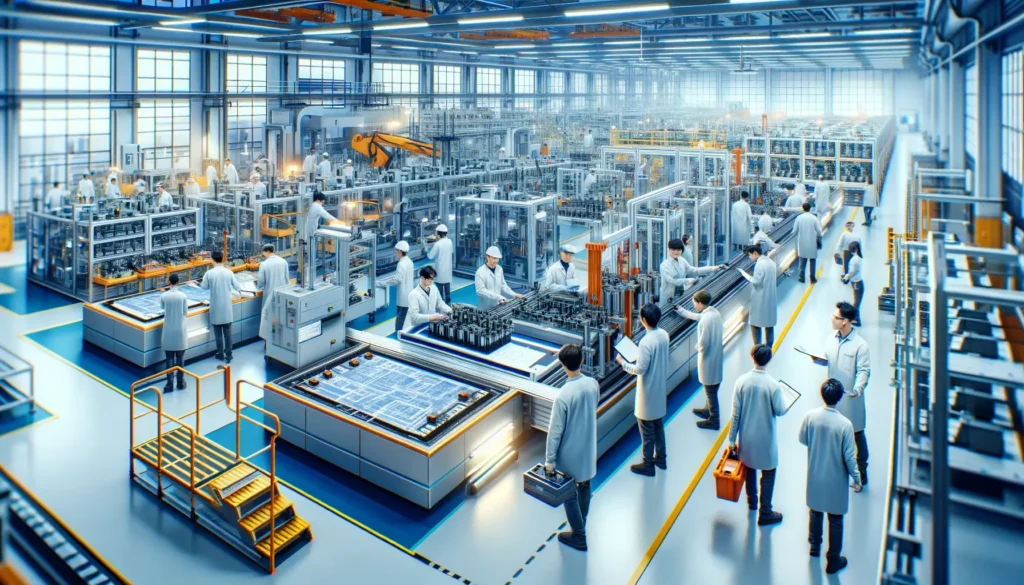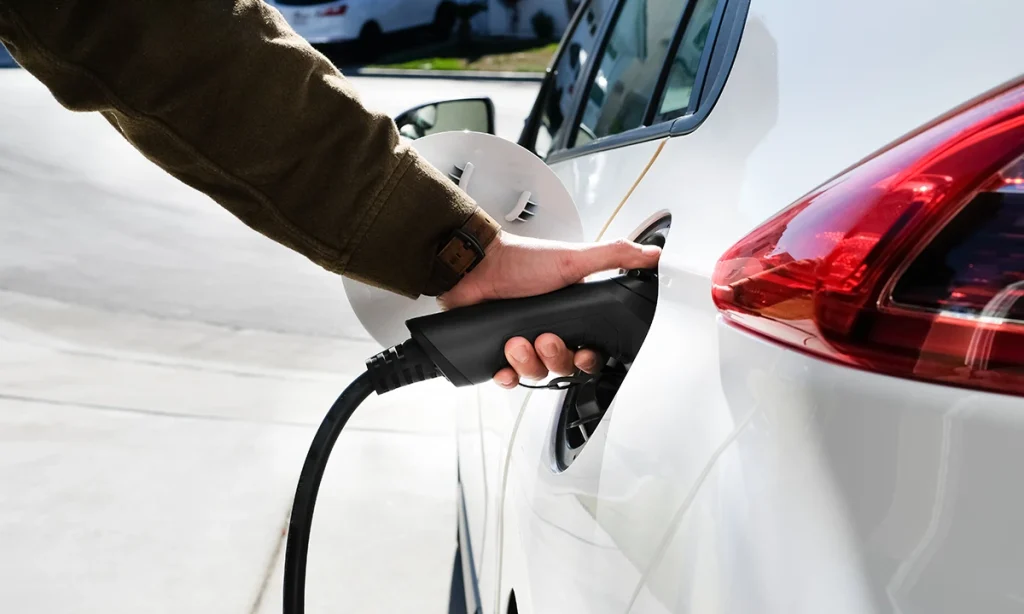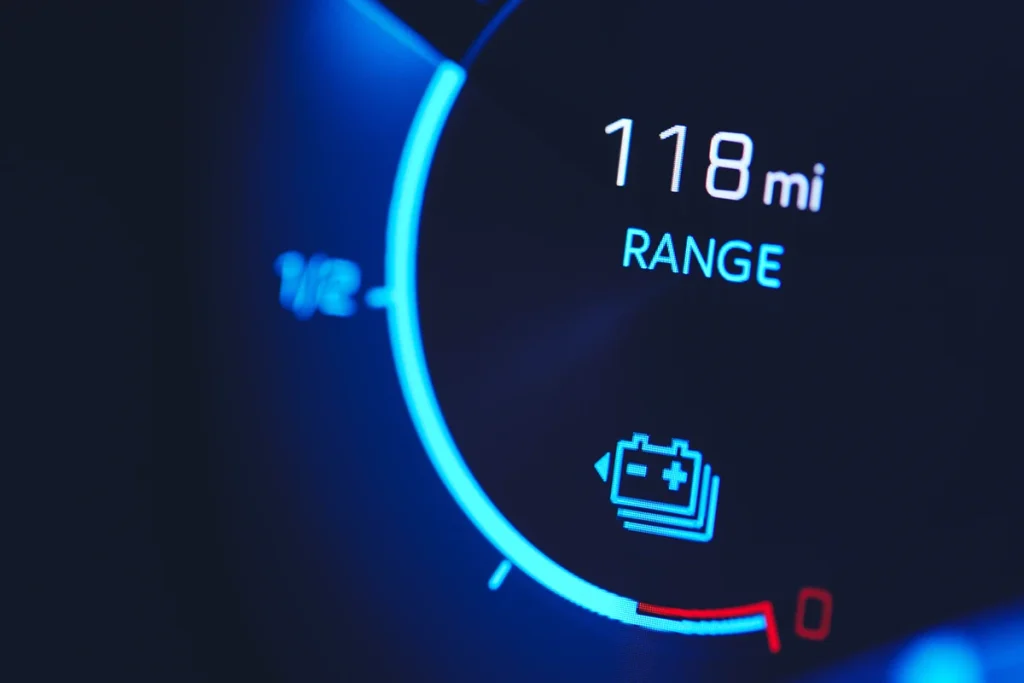South Korean automotive battery manufacturers are adapting to the evolving electric vehicle (EV) market by focusing on developing lithium iron phosphate (LFP) batteries. This strategic shift is influenced by the need to diversify away from Chinese-dominated battery technology and to offer more cost-effective solutions. LFP batteries, primarily manufactured by Chinese firms like CATL and BYD, are approximately 20% less expensive than the traditional nickel-based batteries. However, South Korea’s leading battery makers – LG Energy Solution, SK On, and Samsung SDI – face significant challenges in this transition.
Nickel Batteries VS LFP Battery Technology For EVS
The South Korean battery giants have historically championed nickel-based batteries, citing their superior energy density which allows for longer driving ranges in a compact and lighter format. Yet, global automakers are now pressuring these companies to develop LFP batteries for their smaller, more affordable vehicle models, while continuing to use nickel-based batteries for premium vehicles. Nickel-based and lithium iron phosphate (LFP) batteries represent two distinct technologies in the electric vehicle (EV) sector. Nickel-based batteries, such as nickel-manganese-cobalt (NMC), are known for their higher energy density, which translates into longer driving ranges and smaller, lighter battery packs. This makes them suitable for high-end, longer-range EVs. In contrast, LFP batteries, while having a lower energy density, offer significant advantages in terms of cost, safety, and lifespan. They are approximately 20% cheaper than their nickel counterparts and are less prone to overheating, making them a safer and more economical choice for smaller, more affordable EVs.
Lithium Iron Phosphate Battery Pricing and Logistics
Despite the growing demand for LFP batteries, South Korean manufacturers are concerned about their ability to compete on price and the implications of potential changes in U.S. subsidies. The Inflation Reduction Act introduced by the Biden administration incentivizes EVs with batteries having limited Chinese content, compelling automakers to seek LFP batteries from non-Chinese sources. Ford Motor, for example, has indicated that its Mustang Mach-E SUV, which uses LFP batteries from CATL, might not qualify for U.S. federal tax credits under the new regulations.
South Korea’s battery firms are accelerating their development of LFP technology, with LGES and Samsung SDI targeting mass production by 2026, and SK On nearing the commencement of supply. However, establishing a competitive LFP supply chain poses its challenges, especially with no domestic producers of LFP cathodes, necessitating reliance on Chinese sources. Analysts estimate that Korean-made LFP batteries could be up to 17% more expensive than their Chinese counterparts, a margin that could widen to 40% for batteries produced in the U.S.
Final Thoughts
Over the past year, these companies have announced significant investments to expand production capacity, primarily in the U.S., to qualify for subsidies. However, the combination of slowing EV sales, high auto financing costs, and the prospect of reduced U.S. subsidies under a different administration could impact investment decisions and operational strategies.


